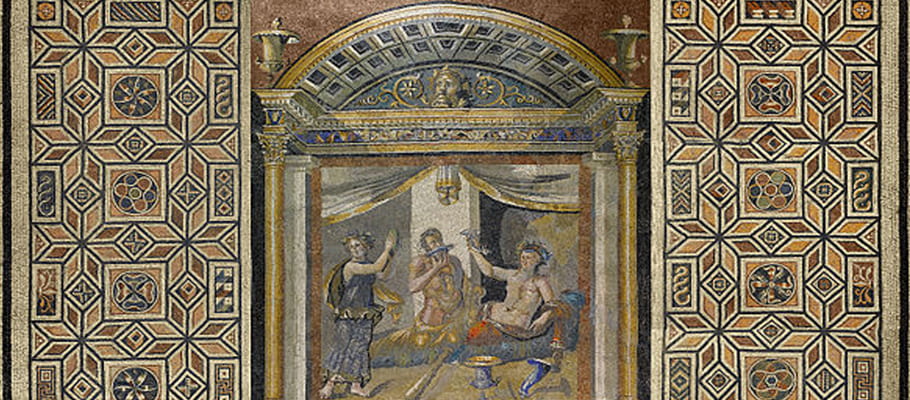For the Fourteenth Meeting of the Society for Late Antiquity, we invite papers that investigate scale, which can be defined as a graduated range of values or measurements, whether, for example, of time, space, social organization, cosmology, or agency. Participants are encouraged to explore scale either as a methodological framework used by modern historians to interpret the past and/or as a type of late Roman analytic category, developed and employed by late ancient persons for their own heuristic purposes.
Questions papers might ask include: To what extent does the world of Late Antiquity look different if we approach its events, institutions, and processes (whether political, economic, social, or religious) from a micro scale rather than a macro scale, and vice versa? How can we better understand the late Roman Empire through the examination of macro- and micro-scalar environmental phenomena, such as volcanic eruptions and mutating plague DNA, which were only partially (if at all) perceptible to the late Romans themselves? Alternatively, what graduated categories of measurement and values did late ancient thinkers deploy in their philosophical, scientific (including astrological), and religious works to make sense of metaphysical, ethical, or even physical quandaries? And what did scale mean to individuals on an everyday level, for agriculturalists or merchants whose livelihoods were embedded within multi-scalar economic, environmental, legal, social, and religious networks? Other papers might consider the fractal replication of structures and relationships across the Empire, for example in conciliar operations (Senate, local curia, church councils), patterns of deference across the social scale, or in the provincial extensions of imperial authority. Comparativists are encouraged to consider how problems of scale inflect transhistorical arguments that encompass both late antiquity and other periods of history.

